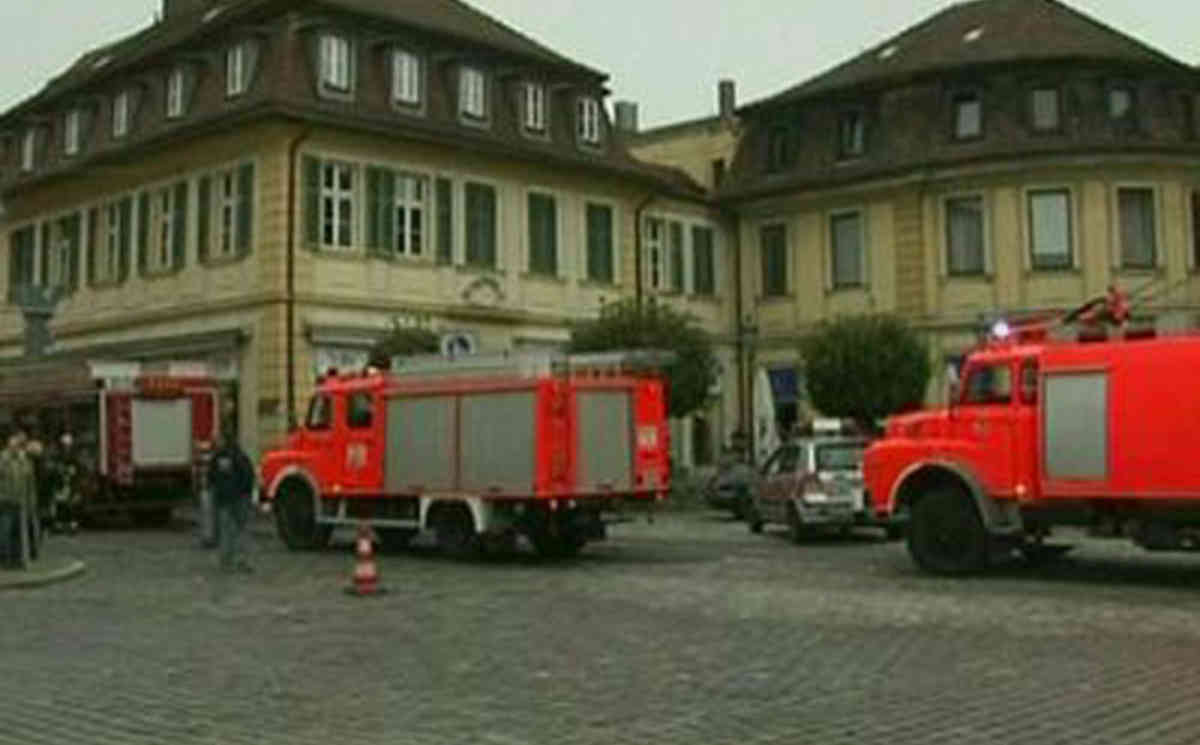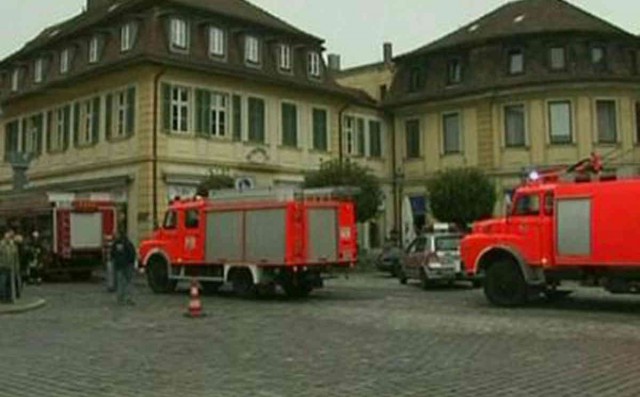Up to 10,000 people were evacuated from central Potsdam, Germany this week after construction workers came across an undetonated World War II bomb.
The bomb was 250kg and is thought to have been dropped by British Air Force during the bombing of Germany in 1945. The bomb was found near the central train station in Potsdam. Potsdam is around 24kms south west of Berlin’s city centre.
When the bomb was discovered, authorities evacuated up to 10,000 local people and stopped train, bus and tram services. The nearby government ministry buildings and Brandenburg parliament building was also evacuated.
A bomb disposal team was called in to investigate and render the explosive inert.
It is believed that as many as 3000 undetonated explosives lie below Berlin alone. Many other German cities including Potsdam also remain filled with undetonated bombs underneath their buildings. Most that are found are safely defused, however authorities are concerned since the bombs are growing more sensitive and volatile with age as they rust and fuses become weaker.
Potsdam was the location where Germany’s President von Hindenburg and new Chancellor Adolf Hitler agreed the German military’s commitment to Nazism. During the war Potsdam was significantly destroyed by British and Soviet bombing raids, mainly because it is a major German city but also because of its vicinity to the capital, Berlin.
It is believed that the RAF dropped more than 1,500 tons of explosives on Potsdam in one night. They destroyed the train station, the palace, the church and large quarters of the city centre. It is estimated that around 1,500 people died, while in total around 25,000 left Potsdam either by being evacuated, fleeing to rural Germany, being deported or being killed in the bombings. It took almost 40 years for the city to return to its population numbers before the war, The New Zealand Herald reports.
After the war in July and August 1945, Potsdam was host to the “Potsdam Conference,” which was a meeting between British Prime Minister Winston Churchill, US President Harry Truman, and Soviet leader Joseph Stalin. The trio and their ministers discussed what would happen to Germany and Europe overall as the war was over. The conference culminated in the Potsdam Agreement and the Potsdam Declaration
Potsdam became the capital of the state of Brandenberg. The city fell just outside West Berlin when the Berlin Wall was constructed, which meant it became quite isolated and increased travel time to get to East Berlin significantly. The only way into West Berlin from Potsdam was via the Glienicke Bridge and as such many Cold War exchanges happen there.
Still feeling the aftermath of World War II many locals are eager to bring back some of the city’s original architecture and buildings, particularly its previous landmarks of the palace and church.

